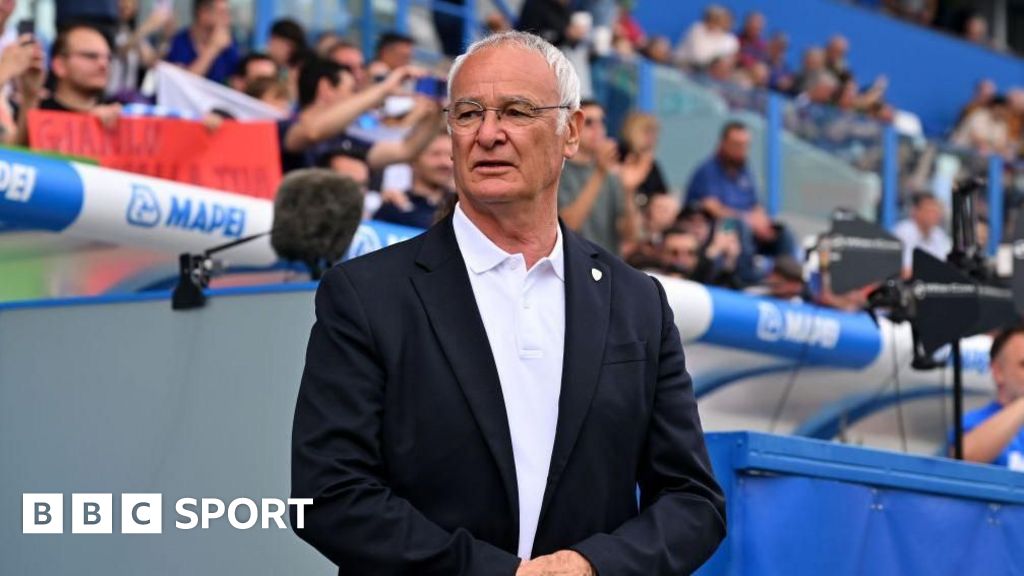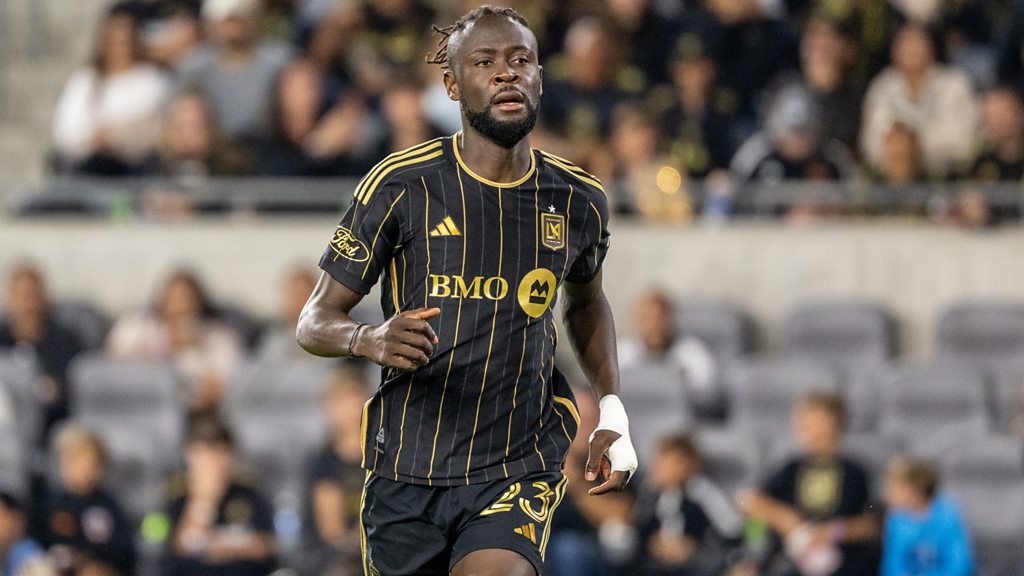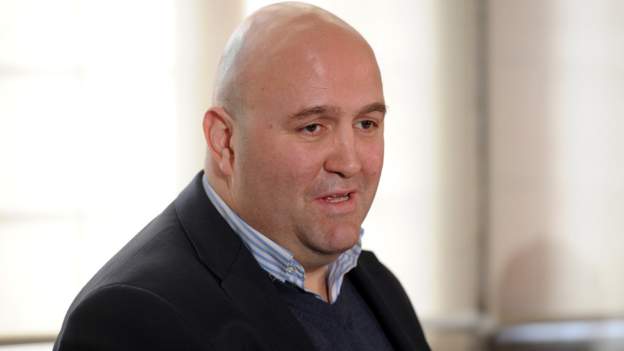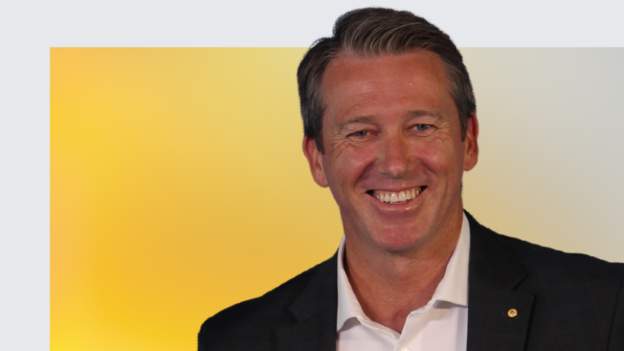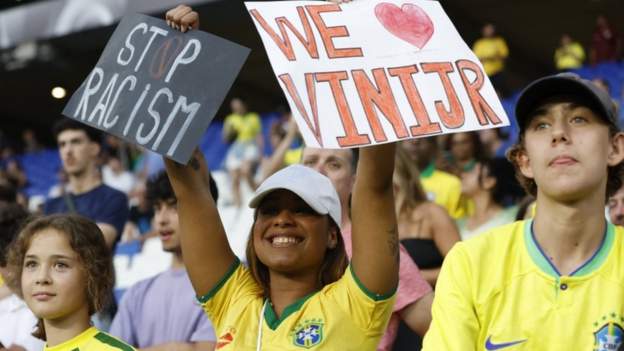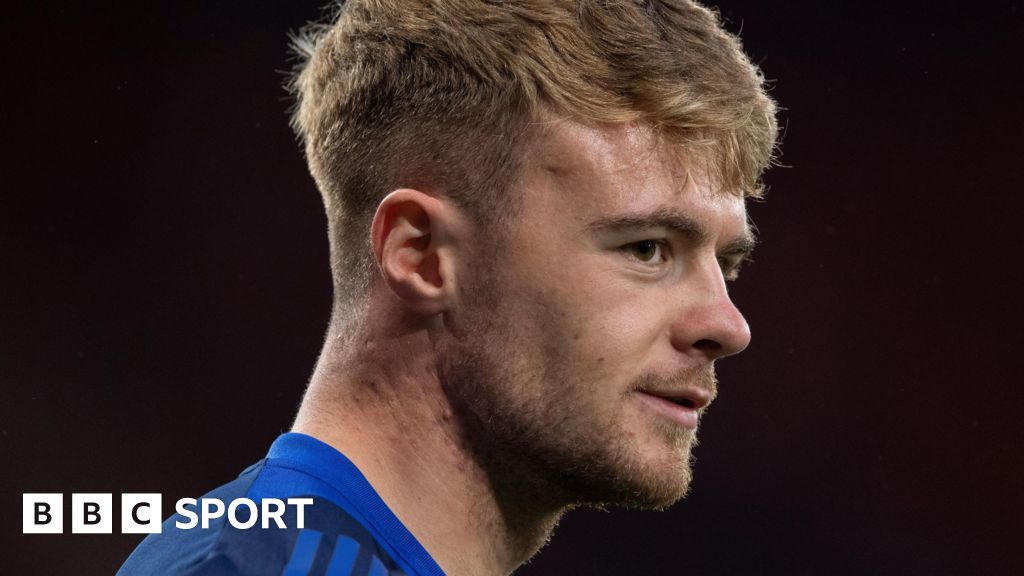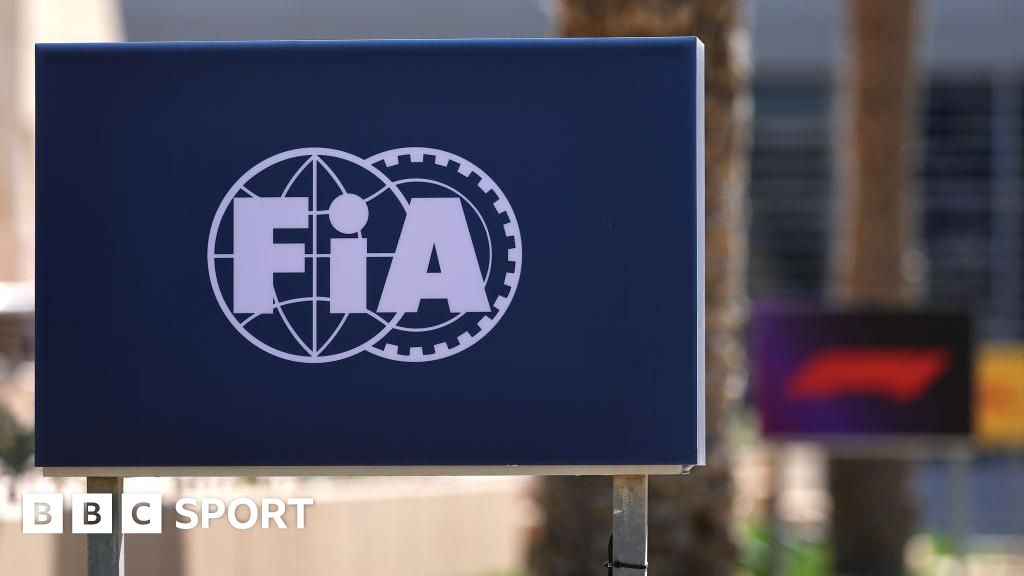Derwyn Jones has always been hard to miss – at 6ft 10in he is the tallest player to ever play for Wales.
Even after retiring from a playing career that brought 19 caps and a European Cup final appearance, Jones has remained at the heart of the game.
It is for his role as one of the most influential player agents in rugby for the past 20 years that the 52-year-old has now become best known.
It has not always made him popular with fans – but Jones is not concerned.
Jones has represented – or ‘managed’, as he prefers to put it – many of the biggest names in Welsh rugby, including Sam Warburton, James Hook, Rhys Webb, Josh Adams and Gareth Anscombe.
He has also masterminded some of the biggest transfers and Jones is well aware of the ire some of his work has attracted from fans. His response has been to grow a thick skin.
“You can’t care about what other people think,” he told BBC Radio Wales Sport.
“If somebody I really cared about or mattered to me said ‘why have you done that?’, then that would bother me.
“[But] the opinion of a couple of people on social media because little Johnny’s decided to go from Llanelli or wherever to Clermont Auvergne… I don’t care.
“They don’t know the role. They don’t see the fact that some players are being lowballed or when a player leaves a club, they (fans) won’t look at the situation as a player.
“Sometimes players are cut and there’s no compassion, no support, no care about whether they can pay their mortgage next month.
“People have to realise that players make their own decisions in life. Do I sit down and say to a player ‘go here because there’s an extra couple of quid there’? Of course not.
“All you can do is turn and say to a player ‘whatever decision you make I’ll back you’.
“People think that those in my position just take players from clubs. But I’d say 80% of the work we do is keeping players at the clubs because as Welsh, we don’t always want to move.”
Jones uses Warburton and Justin Tipuric as prime examples.
“Sam never left Cardiff. One summer he went over to Toulon, he met the president. The offer was probably three times what he would have earned in Wales,” recalled Jones.
“Sam wanted to explore it so we did. But the way you talk about is whether it’s right for the family. He’s Lions captain, he’s national captain, an icon of Welsh rugby, so you sit down and talk about it and the right decision was for him to stay. But it was his decision.
“It’s the same for Justin Tipuric. He had opportunities to go, but he’s stayed loyal to the Ospreys.”
As a player, Jones spent the majority of his career at the same club. After winning the university cup with Loughborough, he joined Cardiff and would play more than 160 times for the Arms Park club, winning two Welsh Cups, a league title and reaching the inaugural Heineken Cup Final.
He was ever-present for Wales between 1994 and 1996, playing at the 1995 World Cup, before a change in coach brought a change in fortunes, for the worse.

After retiring at the age of 29, Jones would become a team manager at Cardiff and then Ospreys, during which his involvement with player agents prompted the change in career path.
Yet even after 30 years in Welsh rugby, he ranks the last 12 months as the hardest.
Last season was blighted by, among other things, a contractual row between players, regions and the Welsh Rugby Union (WRU) that prompted a threat of strike action ahead of Wales’ Six Nations game against England.
That crisis was averted with the game’s powerbrokers agreeing a new six-year framework that is intended to provide financial stability.
Jones, involved behind the scenes during those fraught months, said: “The last year in Welsh rugby has probably been the toughest in 20 years of working on the job, but it sort of inspires me to stay in there because I can’t believe what a bad job they’ve made of it.
“The lack of compassion and care for rugby players and their opinions is absolutely horrific.
“It’s because every three or four years there’s a changing guard. New people come in and all of a sudden there’s another crisis in Welsh rugby and the people sat down aren’t the same that sat down three or four years ago.”

